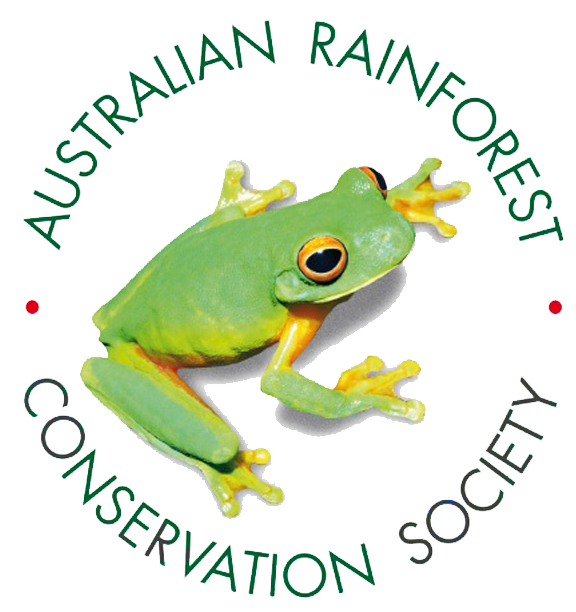 |
Why rainforests? | Who we are | What we do | Places we protect | How you can help us | News & views | Join us | Donate | Publications |
Our peopleManagement committee
International program
|
 |
Why rainforests? | Who we are | What we do | Places we protect | How you can help us | News & views | Join us | Donate | Publications |
Our peopleManagement committee
International program
|